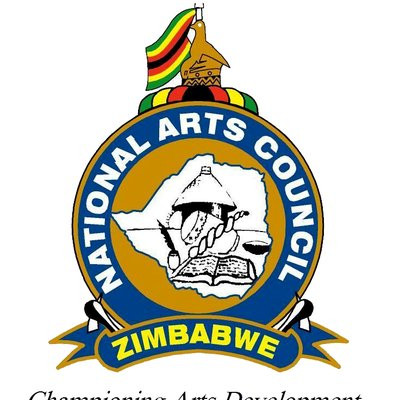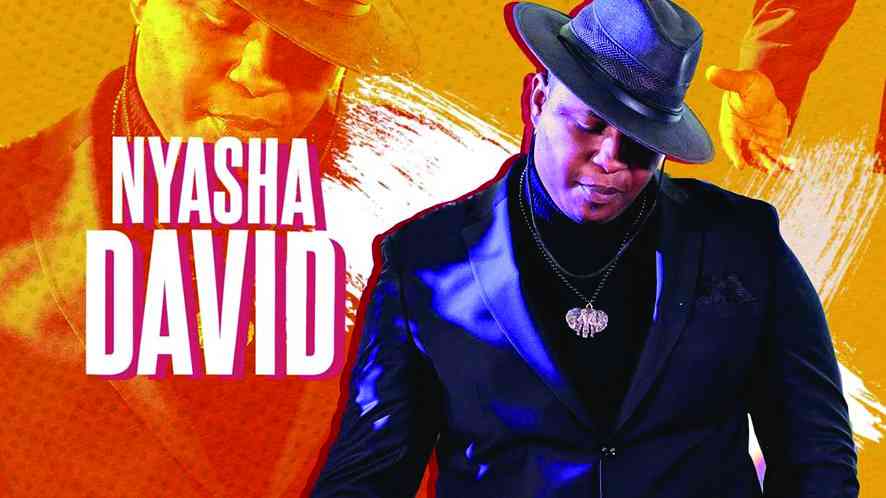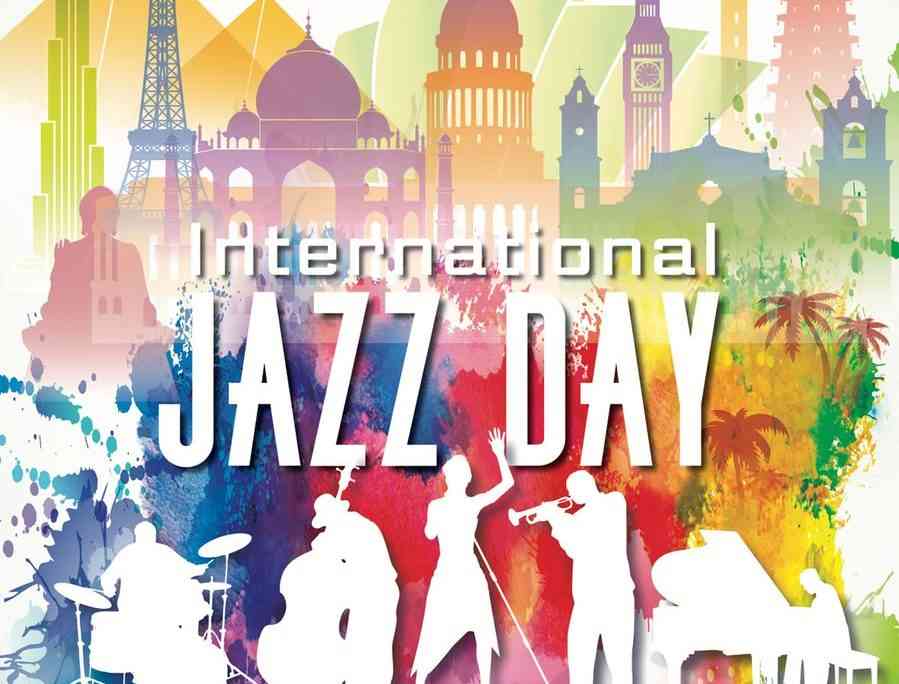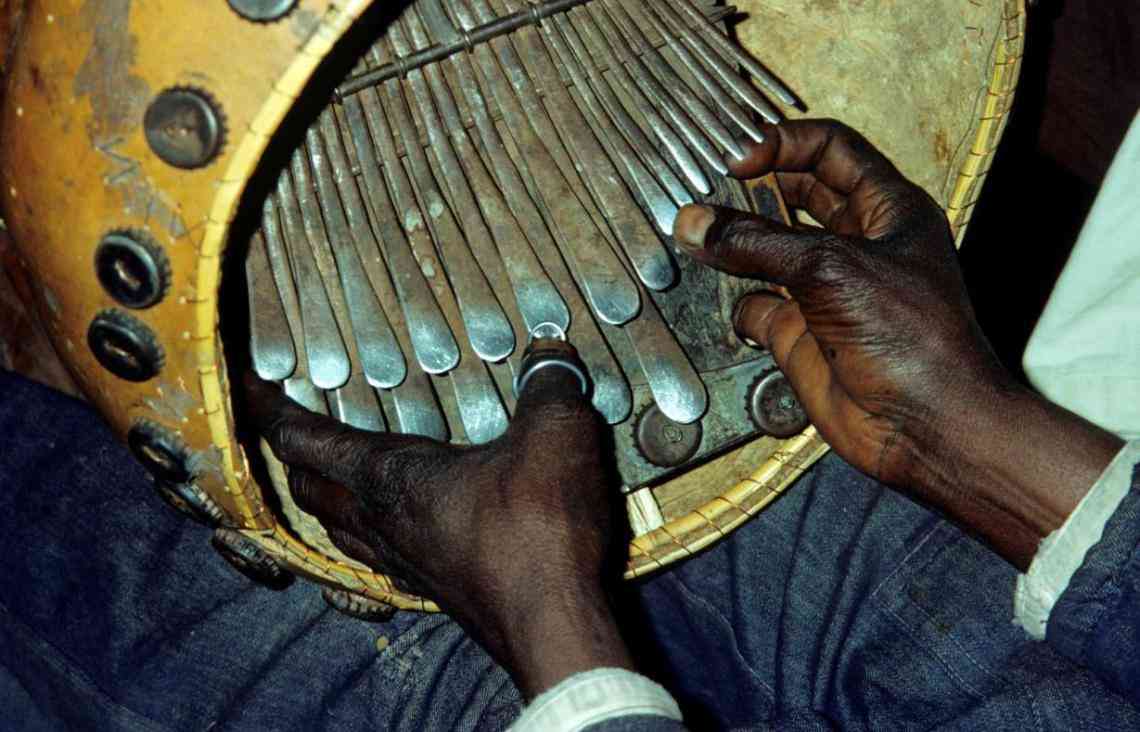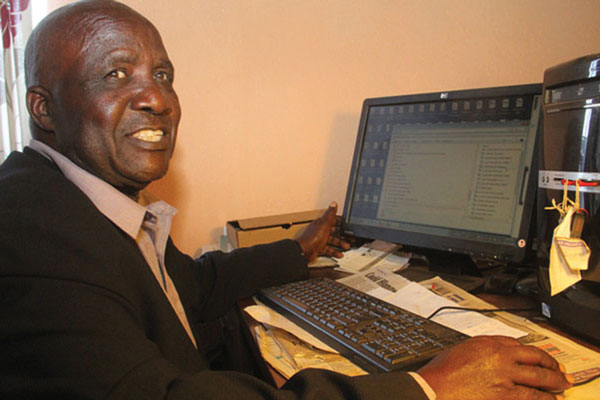
NewsDay (ND) correspondent Nunurai Jena recently caught up with renowned author Tompson Tsodzo (TT) and had a long chat over a number of issues ranging from his experiences in the book publishing industry, his family life and role in the country’s liberation struggle. Below are the excerpts:
Sneak Peek: Nunurai Jena

ND: When and how did you start writing?
TT: Way back in 1971. Whern I was a student, I wrote an essay and my good teacher (the late) Solomon Mutsvairo was impressed that he asked me to put more flesh into it, and that essay became my first novel, Pafunge.
ND: Were there any other activities you were involved in at school besides writing?
TT: Remember, I started putting more effort into writing after I was regarded “useless” by my schoolmates in other school activities, including soccer, from which I was chased away after failing to convert a penalty.
ND: From all your works, which one do you consider as the best?
TT: Pafunge remains my best, and obviously because this was the first and the deepest cut. It also brought me instant fame and few extra dollars.
- Chamisa under fire over US$120K donation
- Mavhunga puts DeMbare into Chibuku quarterfinals
- Pension funds bet on Cabora Bassa oilfields
- Councils defy govt fire tender directive
Keep Reading
ND: So you must be rich now?
TT: Piracy has destroyed me. Can you imagine that today as I speak, I don’t get royalties from all my books, including those that are being taught in secondary schools, including Rurimi rwaAmai, but schools and children have copies of my books!
ND: And what are the publishers saying about that?
TT: My publisher at one time advised me to withdraw my books from the curriculum, but I thought that children should not suffer because of our struggles.
ND: Would you say there any difference between the old and new writers?
TT: We, the older generation wrote more of what happened in our tradition and culture from the past and respected families, but the current crop is disjointed, hence very few are publishing good works compared to our time despite them being many. They are not reflecting their society. They could be writing more.
ND: We understand you are more into film writing. Can we expect something from that end soon?
TT: We have just finished shooting a 13-episode drama called Diaspora, and it will be on the television screen anytime soon.
ND: We saw you embracing President Emmerson Mnangagwa sometime back. What was that about?
TT: It’s a long story. As much as I was a teacher at St Augustine High school, I also contributed towards the liberation struggle in a big way. Besides helping girls and boys cross into Mozambique, my biggest contribution was to go to Zambia where I took President Mnangagwa to Mozambique under the cover of the church. We went with a car to Zambia as if we were going for missionary work. There was myself and my 11-member church choir in Anglican Church regalia. Mnangagwa came as part of the choir, singing hymn 122. We left Mnangagwa at Chibawawa in Mozambique in the safe hands of the late Magama Tongogara who was a good friend of mine. I was introduced to (Josiah Magama) Tongogara by the Defence minister, Oppah Muchinguri, and my brother Stephen, who had assumed the name Steve Museveunobaya.
ND: What other roles did you play in the struggle?
TT: I went to China seven times via Tanzania to get arms for those at the battlefront. I did not end there. I also took former President Robert Mugabe from a mountain near Christmas Pass to Chief Rekai Tangwena’s homestead on his way to Mozambique.
ND: But how did you manage that as a teacher?
TT: I took advantage of my position as a good teacher and a respected person in the community, even the police never suspected anything.
ND: After doing all that, why are you not recognised as a war veteran?
TT: They tried to make me one and even put me on the war vets payroll, but I refused because I think there are more war vets out there who were at the forefront who are not getting even a cent. I know of three ex-combatants who, up to now, have not been recognised and were left out.



